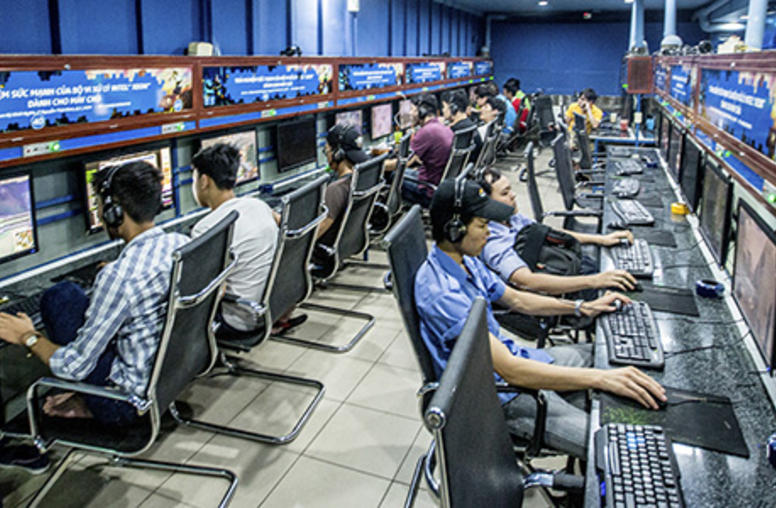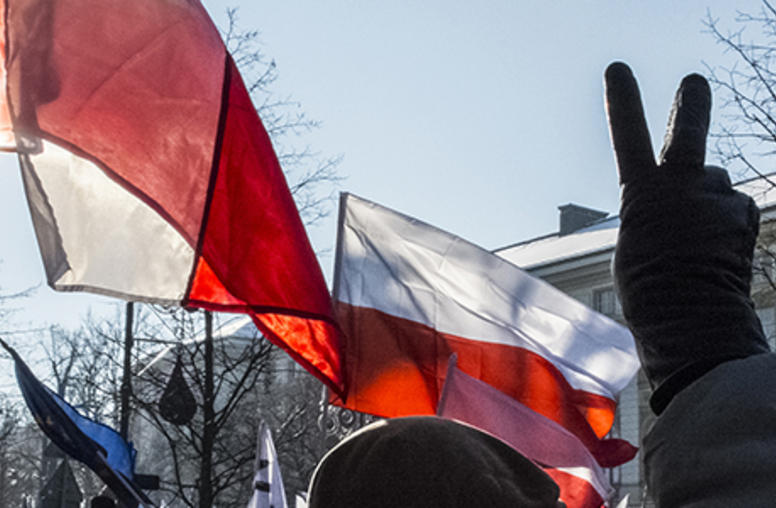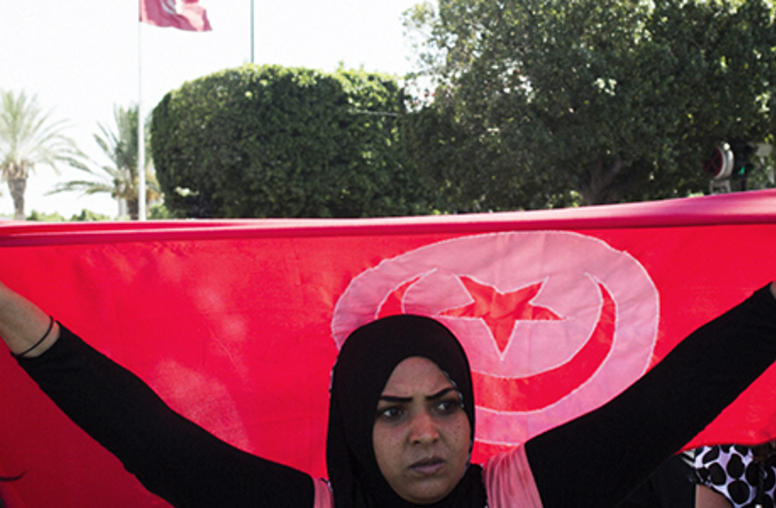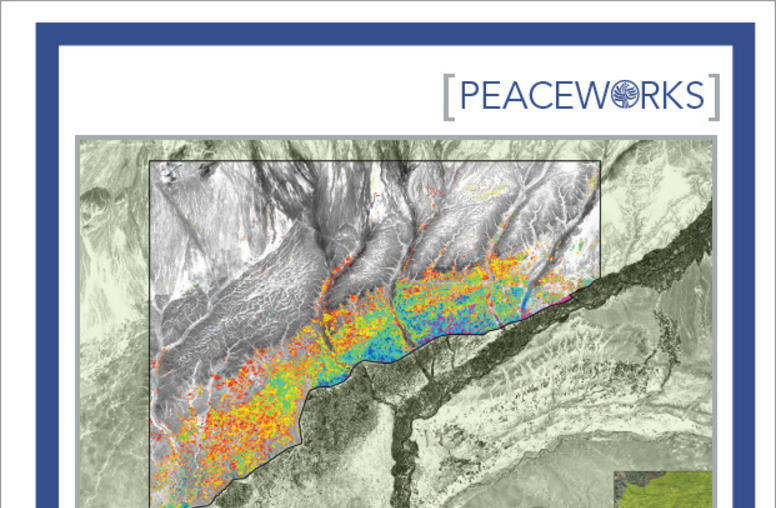A Balancing Act: The Role of the Fourth Estate in New Democracies
During a post-conflict, regime-transitioning period, new democracies are at their most vulnerable. They are simultaneously attempting to build constitutionally based institutions, nurture a civil society that promotes citizen participation in governance, and replace patronage with a free market economy. Media outlets in Afghanistan, rebuilding abruptly after five years of Taliban repression, may face some of these same issues in coming months. In the Middle East, governments find themselves challenged by the Arabic-language al-Jazeera network, which also walks a fine line between watchdog and supporter of Arab causes. What can and should the media do to claim its critical position in such transitions?
- How do formerly embattled independent media or newly mandated state media assume their roles to inform a new democracy's citizenry about its rights?
- How do authorities and special interests continue to exercise controls over media in the new environment?
- How can media reforms be promoted during transitions to democracy?
- How far does media responsibility go in carrying out its watchdog role when democratic consolidation is at a fragile stage?
Led by former CNN anchor and Rosenberg Professor of Communications Ralph Begleiter, veteran journalists Veran Matic and Andrei Sitov will examine the competing demands on media as they try to strike the balance between watchdog and participant in the reform process from an "on the ground" perspective. This presentation was webcast live and followed by questions from the floor and the Internet.
Moderator
- Ralph Begleiter
Rosenberg Professor of Communications and former CNN anchor
Speakers
- Veran Matic
ANEM Chair and Radio/TV B92 Editor-in-Chief (Belgrade) - Andrei Sitov
Washington Bureau Chief for ITAR-TASS



